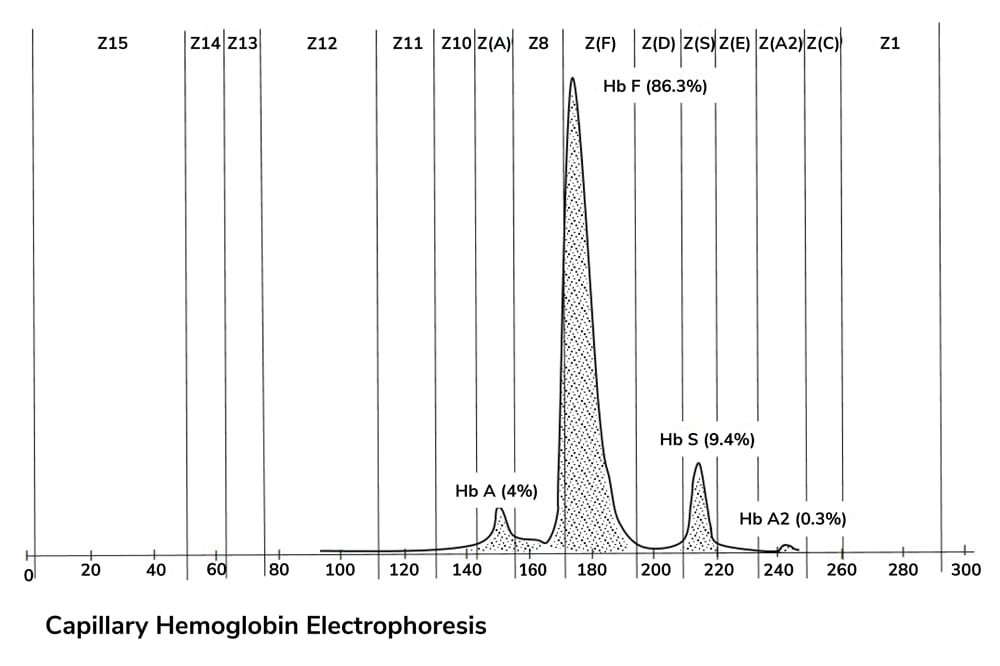Debilitating and often incurable, neurodegenerative diseases could affect over 12 million Americans by 2030 (1). Finding treatments – or, even better, cures – for these conditions is a high priority. But first, we need to understand them. High levels of metal ions in the cerebrospinal fluid (CSF) are currently thought to play a key role in protein misfolding – a hallmark of neurogenerative disorders, so a multinational team of researchers developed a method for simultaneous redox speciation of iron (II/III), manganese (II/III), and copper (I/II). Based on strong cation exchange chromatography and inductively coupled plasma sector field mass spectrometry (ICP-sf-MS), the new method was optimized and tested using real CSF samples taken from amyotrophic lateral sclerosis (ALS) patients and neurologically healthy controls (2).
“The underlying hypothesis of our studies is that, unlike cycling body fluids (for example, blood or serum) or excretory media, the CSF is in direct contact with the brain parenchyma and brain extracellular fluid,” says Nikolay Solovyev from St. Petersburg State University, Russia. “So, slight changes of trace element speciation caused by exposure or redox dis-homeostasis related to neurological pathology would be more clearly reflected in the CSF than in other matrices.” Less cerebrally put: higher levels of the primary species of interest detected in CSF could act as “red flags” for various neurodegenerative diseases (3). Next, Solovyev and the team plan to complement their metallomics studies on ALS with non-specific metabolomics research to see how metal species interact with metabolites in the CSF with the ultimate aim of discovering candidate biomarkers. Solovyev and the team want to apply analytical lessons learned in other disease areas, and will soon begin an investigation into copper speciation in Wilson’s disease as part of a biomarker research project alongside new partners from Guildford, UK: “Here, we would like to improve the current approaches for ceruloplasmin determination using hyphenated techniques – and implement this into clinical chemistry. I would like to thank my colleagues from Germany, Italy and UK for our collaborations.”
References
- Harvard NeuroDiscovery Center, “The challenge of neurodegenerative diseases”. Available at: http://bit.ly/2soDGmD. Accessed July 7, 2017. N Solovyev et al., “Redox speciation of iron, manganese, and copper in cerebrospinal fluid by strong cation exchange chromatography−sector field inductively coupled plasma mass spectrometry”, Anal Chim Acta, 973, 25-33 (2017). B Michalke et al., “The importance of speciation analysis in neurodegeneration research”, TrAC Trends Anal Chem (2017).




